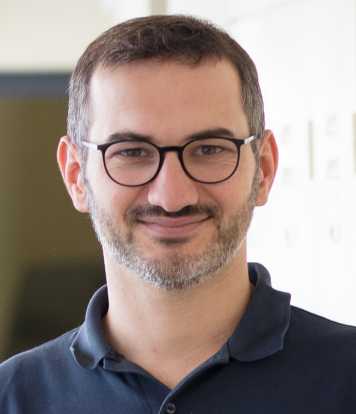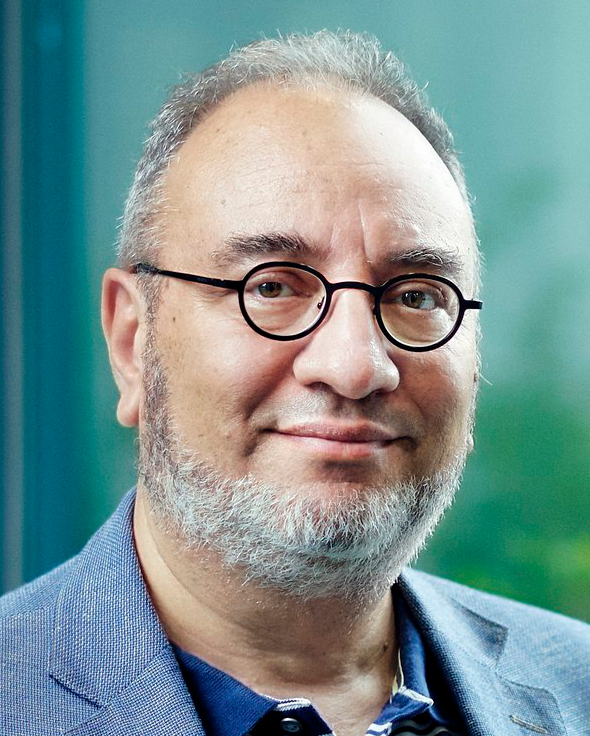Title: Sovereign Smartphone: Revisiting Smartphone Security Architecture
Srdjan Capkun,
System Security Group, Department of Computer Science, ETH Zurich, Switzerland
I will motivate the need for a new type of a smartphone architecture, the one that provides the users with sovereign control over their phones (i.e., the ability to install arbitrary software isolated from the commercial operating systems) while preserving the functionality (e.g., access to app stores) and security guarantees that the existing commercial phones provide.
I will then present +Phone, a new sovereign smartphone architecture that achieves the above goals. This design required overcoming some technical challenges, primarily the problem of secure and direct, but also backword compatible access to peripherals. Such access allows us to run e.g., a secure messenger application on a smartphone with direct access to the touchscreen, thus protecting this sensitive IO from all third-party, non-application code, including from OSs and hypervisors running on the phone. Finally, I will show a demo of +Phone implemented on top of the Purism Librem 5 phone.

Srdjan Capkun (Srđan Čapkun) is a Full Professor in the Department of Computer Science, ETH Zurich and Director of the Zurich Information Security and Privacy Center (ZISC). Originally from Split, Croatia, he received his Dipl.Ing. Degree in Electrical Engineering / Computer Science from the University of Split in 1998, and his Ph.D. degree in Communication Systems from EPFL in 2004. His research interests are in system and network security. His focus areas are wireless security (in particular secure positioning), and system security where he focuses on trusted computing and blockchain technologies. He is a co-founder of 3db Access, which focuses on secure distance measuement and proximity-based access control, and of Futurae, a company focusing on usable on-line authentication. In 2016 he received an ERC Consolidator Grant for a project on securing positioning in wireless networks. He is a fellow of the ACM.
Keynote speech within a Symposium on Green Networking and Computing, September 27, 2024
Title: Towards Truly Sustainable Wireless Communication Systems
Marcos Katz,
University of Oulu, Finland
The current development of 6G is focused on creating communication and computing systems with unprecedented performance levels. Moreover, the development is also considering, more than ever before, the costs associated with such systems, in terms of consumption of resources. Sustainability is one key aspect of 6G systems, and in this presentation 6G sustainability will be approached from a wide perspective, taking into account resource utilization well beyond the conventional energy cases. This will allow minimizing the overall resource consumption and therefore, developing a truly sustainable system. A holistic approach to sustainability will be discussed, considering measures to improve sustainability at different stages of a 6G system, from design to end-of-life. Finally, a concrete example of the holistic approach towards truly sustainable 6G systems will be presented and discussed.

Marcos Katz (marcos.katz@oulu.fi) is a professor at the Centre for Wireless Communications, University of Oulu, Finland, since Dec. 2009. He received the MS degree in Electrical Engineering from Universidad Nacional de Tucumán, Argentina in 1987, and the MS and Dr. Tech. degrees in Electrical Engineering from the University of Oulu, Finland, in 1995 and 2002, respectively. He worked in different R&D positions at Nokia, Finland between 1987 and 2001. In 2001–2002 he was a Research Scientist at the Centre for Wireless Communications, University of Oulu. In years 2003–2005 Dr. Katz was the Principal Engineer at Samsung Electronics, Advanced Research Lab., Telecommunications R&D Center, Suwon, Korea. From 2006 to 2009 he worked as a Chief Research Scientist at VTT, the Technical Research Centre of Finland. Prof. Katz served as the chair of Working Group 5 (on short-range communications) for the Wireless World Research Forum (WWRF) in 2008-2012. Prof. Katz has written and edited six books in different areas of mobile and wireless communications. He has written more than 200 publications and holds more than 50 patents. Prof. Katz is a member of the 6G Flagship research program, and his current research interests include optical wireless communications, sustainable wireless connectivity approaches for 6G as well as open 6G architectures.
